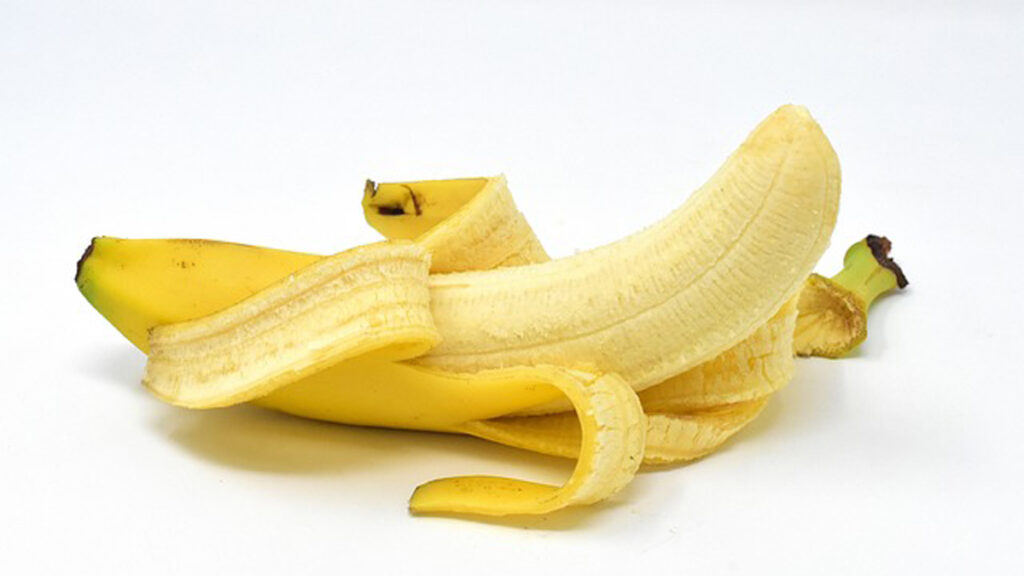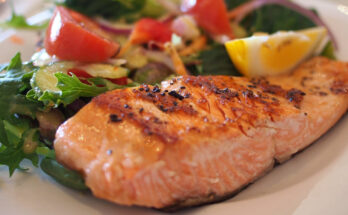
February 21 , 2024 Imphal By Banti Phurailatpam:
Bananas, with their naturally sweet taste and convenient packaging, are a beloved fruit enjoyed by people around the world. But beyond their delicious flavor, many wonder about the optimal time to consume this nutrient-packed fruit to reap its maximum benefits. Is it best to eat a banana first thing in the morning, as a mid-day snack, or perhaps before bedtime? In this article, we delve into the science behind banana consumption and explore the best times to eat this versatile fruit for enhanced health and well-being.
Contents
Understanding Banana Nutrition
Before we delve into the timing of banana consumption, it’s essential to understand the nutritional profile of this tropical fruit. Bananas are rich in essential vitamins, minerals, and dietary fiber, making them a valuable addition to any diet. A medium-sized banana typically contains about 105 calories and provides the following nutrients:
Potassium: Bananas are renowned for their high potassium content, with approximately 422 milligrams per medium-sized fruit. Potassium plays a crucial role in maintaining proper heart function, regulating blood pressure, and supporting muscle and nerve function.
Vitamin C: A medium banana contains about 10% of the recommended daily intake of vitamin C, an essential antioxidant that boosts immune health, promotes collagen formation, and aids in iron absorption.
Vitamin B6: Bananas are a good source of vitamin B6, also known as pyridoxine, which is involved in over 100 enzyme reactions in the body. Vitamin B6 plays a vital role in metabolism, neurotransmitter synthesis, and immune function.
Dietary Fiber: With approximately 3 grams of fiber per medium-sized fruit, bananas are an excellent source of dietary fiber, which promotes digestive health, regulates blood sugar levels, and helps maintain a feeling of fullness.
The Best Time to Eat Bananas
While there isn’t a one-size-fits-all answer to the question of when to eat bananas, several factors can influence the timing of consumption, including individual health goals, activity levels, and personal preferences. Here are some guidelines to consider when determining the best time to enjoy a banana:
1. As a Pre-Workout Snack:
Bananas are an excellent choice for a pre-workout snack due to their natural sugars, primarily in the form of glucose and fructose, which provide a quick source of energy. Consuming a banana 30 to 60 minutes before exercise can help fuel your workout and enhance performance. Additionally, the potassium content in bananas can help prevent muscle cramps and promote proper muscle function during physical activity.
2. In the Morning:
Starting your day with a banana can provide a nutritious boost of energy and essential nutrients to kickstart your morning. The carbohydrates in bananas are easily digestible, making them an ideal choice for breakfast, especially when paired with protein-rich foods like Greek yogurt or nut butter for sustained energy and satiety throughout the morning.
3. As a Mid-Day Snack:
When hunger strikes between meals, reaching for a banana can help satisfy cravings and provide a nutrient-rich snack to keep you fueled and focused until your next meal. The fiber content in bananas promotes digestive health and can help regulate blood sugar levels, preventing energy crashes and overeating later in the day.
4. Post-Workout Recovery:
Consuming a banana after a workout can help replenish glycogen stores, restore electrolyte balance, and facilitate muscle recovery. Pairing a banana with a source of protein, such as a protein shake or a serving of lean protein, can further support muscle repair and growth.
5. Before Bedtime:
Contrary to popular belief, eating a banana before bedtime may not negatively affect sleep quality for most individuals. In fact, bananas contain tryptophan, an amino acid precursor to serotonin and melatonin, neurotransmitters that regulate sleep-wake cycles and promote relaxation. Consuming a banana as part of a balanced evening snack, such as with a small handful of nuts or a slice of whole grain toast, can provide a satisfying and sleep-promoting option.
6. Throughout the Day:
Ultimately, there is no strict rule dictating the best time to eat bananas. Incorporating bananas into your diet throughout the day can provide a steady supply of essential nutrients, promote satiety, and support overall health and well-being. Whether enjoyed as a standalone snack, added to smoothies, or used in recipes, bananas offer versatility and convenience for any time of day.
Conclusion
In conclusion, the best time to eat a banana depends on individual preferences, dietary habits, and lifestyle factors. Whether consumed as a pre-workout snack, part of a balanced breakfast, or a satisfying evening treat, bananas offer a myriad of health benefits that make them a valuable addition to any diet. By understanding the nutritional properties of bananas and considering your specific health goals and schedule, you can optimize the timing of banana consumption to maximize its benefits and support your overall health and well-being. So, the next time you reach for a banana, choose the timing that aligns with your needs and enjoy this delicious and nutritious fruit to the fullest.




